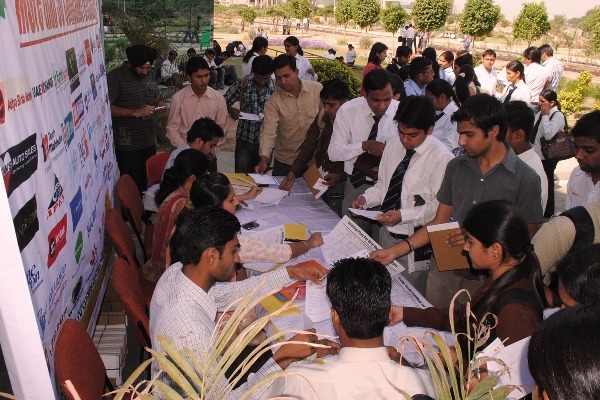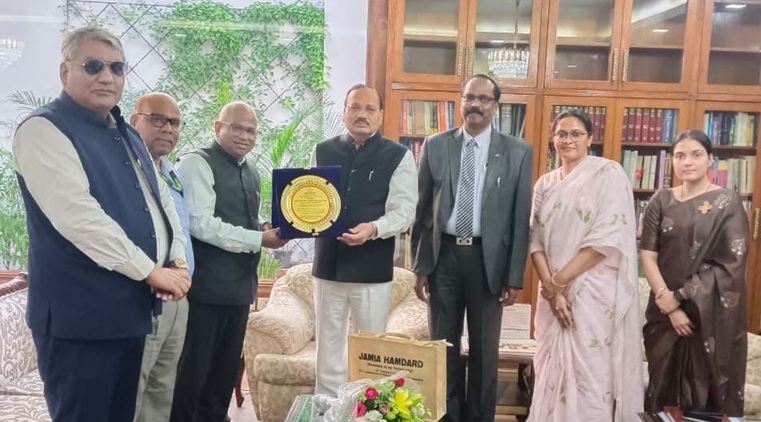New Delhi: In the run-up to the general election, lack of employment opportunities is seen by the Indian public as the biggest challenge, said a report.
The Pew Research Center report said that 76 per cent of adults have said that unemployment is a “very big problem and little has changed over the past year”.
“In 2018, despite an estimated 3.5 per cent formal unemployment rate, 18.6 million Indians were jobless and another 393.7 million work in poor-quality jobs vulnerable to displacement, according to estimates by the International Labour Office,” said the report.
It further added that inflation is another key concern for the Indians.
“Other aspects of the economy are also at the top of the public’s concerns. More than 7-out of-10 (73 per cent) believe rising prices are a very big problem.”
People leaving for jobs in other countries posed a problem for India, the survey report said, adding that more than 6-out of-10 (64 per cent) said this type of emigration was a problem, including nearly half (49 per cent) saying it is a “very big” problem.
However, it was noted that out-migration itself may not be viewed favourably.
In 2016, Indian migrants abroad collectively sent nearly $63 billion worth of remittances back to family and friends living in India, or roughly three per cent of total gross domestic product (GDP).
“At the same time, Indians show little enthusiasm for expanding immigration into their country. Roughly 3-out of-10 Indians (29 per cent) say their government should allow fewer immigrants, with an additional 16 per cent volunteering that there should be no immigration at all.”
Just 13 per cent think more immigration into India should be encouraged and 11 per cent think immigration levels should stay about the same as they are now.
The survey report also noted that the elections follow a year in which most Indian adults showed dissatisfaction with the nation’s progress on issues, including unemployment, inflation and the efficacy of elections.
–IANS






0 Comments